Affiliate links on Android Authority may earn us a commission. Learn more.
Free VPN providers: Which ones are the best, and are they even worth it?
January 16, 2025
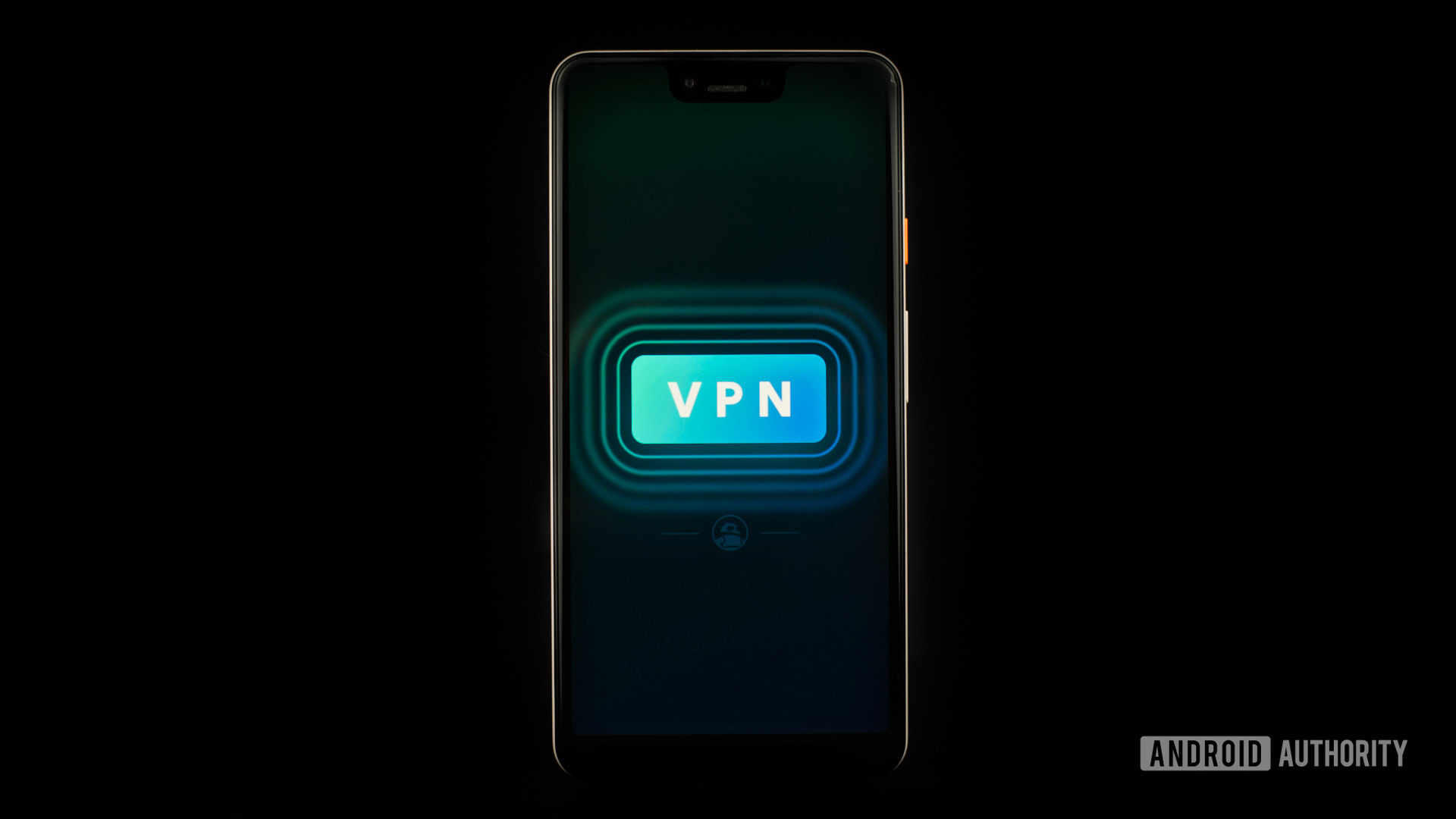
Opting for a free VPN for Android or any other device isn’t always a great idea. Some providers have bad intentions and will sell your info or your browsing history (or both) to the highest bidder. That’s why we always recommend paying a few bucks per month for a reputable VPN service.
However, a few trustworthy VPN providers offer free plans. They tend to have quite a few limitations in place. Almost all of them give you a monthly data allowance, and some automatically select the location for you. A free virtual private network may be a good option if your VPN needs are pretty basic, though.
We’ve rounded up the best free VPN services you can get for Android, all of which are also available on other platforms. But before we dive into the list, let’s first talk about what VPNs are and why you should use them.
What is a VPN, anyway?
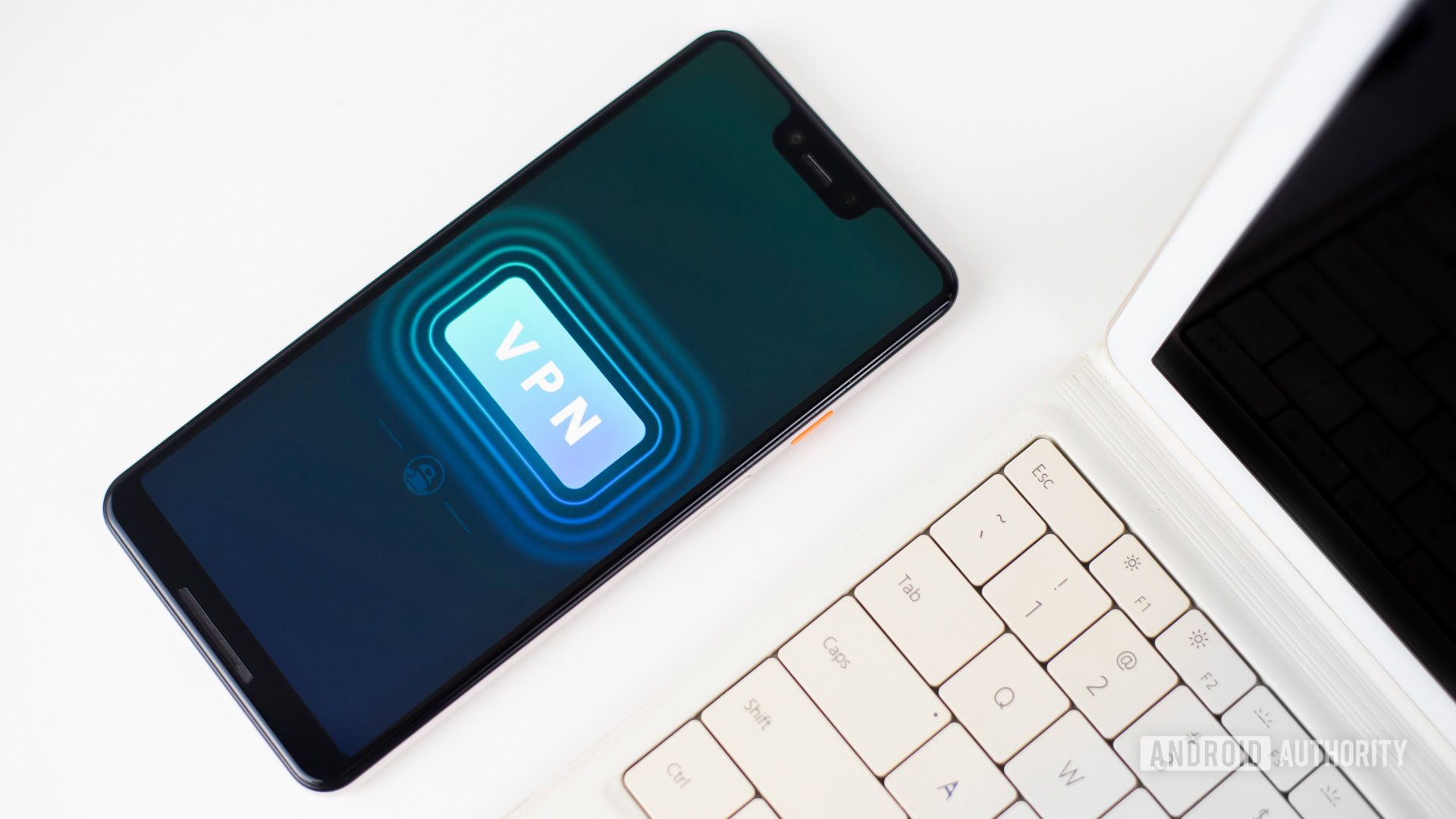
If you already know what a VPN is, how it works, and why you should use it, feel free to skip this section and scroll down to check out the list of the best providers. Everyone else, keep reading.
A VPN — short for a virtual private network — routes your data through its servers and encrypts it before sending it to the website you are visiting. Simply put, a VPN changes your IP address, making it seem like you’re located elsewhere than you really are. For example, if you live in Germany and connect to the internet via a VPN server in the US, the website you’re visiting will think you’re based in the US.
This has a lot of advantages. One of them is to bypass geo-restrictions put in place by various streaming services. For example, Netflix offers way more content to its US subscribers than those in most other places around the globe. So, by connecting online via a US VPN, you can get access to a lot more movies and TV shows.
A VPN also gives you access to popular services like BBC iPlayer, a free streaming service with loads of great content that is only available in the UK. Just connect online via a UK VPN server, visit www.bbc.co.uk/iplayer, and start binge-watching your favorite shows and movies.
Additionally, a VPN gives you complete anonymity online. Using it hides your browsing history from everyone — if the VPN provider has a no-logging policy — including your ISP. Yes, your ISP can see your browsing history if you don’t use a VPN and can sometimes sell it to third parties such as advertisers, which we’ll talk about in more detail later. Additionally, a VPN encrypts your data, which comes in handy when browsing the web on a public network — more on that later on as well.
The best free VPNs for Android:
| TunnelBear | Kaspersky | Hotspot Shield | Avira Phantom | Hide.me | Speedify | Windscribe | ProtonVPN | |
|---|---|---|---|---|---|---|---|---|
Data limit | TunnelBear 2GB per month | Kaspersky 200MB per day | Hotspot Shield 500MB per day, unlimited with ads | Avira Phantom 500MB per month | Hide.me Unlimited | Speedify 2GB per month | Windscribe 2GB per month (10GB if you provide your email) | ProtonVPN Unlimited |
No-logging policy? | TunnelBear Yes | Kaspersky Yes | Hotspot Shield Yes | Avira Phantom Yes | Hide.me Yes | Speedify Yes | Windscribe Yes | ProtonVPN Yes |
Number of server locations | TunnelBear 47 | Kaspersky 90+ | Hotspot Shield 80+ | Avira Phantom 37 | Hide.me 8 (79 if you pay) | Speedify 50+ | Windscribe 11 (63 if you pay) | ProtonVPN 3 (69 if you pay) |
Supported platforms | TunnelBear Windows, Mac, iOS, and Android. | Kaspersky Windows, Mac, iOS, and Android. | Hotspot Shield Windows, Mac, iOS, Android, Linux, Chrome, TV, and router. | Avira Phantom Windows, Mac, iOS, and Android. | Hide.me Windows, Mac, iOS, Android, TV boxes, routers, Chrome, and Firefox. | Speedify Windows, Mac, iOS, Android, and Linux. | Windscribe Windows, Mac, iOS, Android, TV boxes, routers, Chrome, and Firefox. | ProtonVPN Windows, Mac, iOS, Android, and Linux. |
Starting paid prices | TunnelBear $3.33 | Kaspersky $6.99 | Hotspot Shield $7.99 | Avira Phantom $10 | Hide.me $2.59 | Speedify $7.49 | Windscribe $5.75 | ProtonVPN 4.99€ |
Editor’s note: We’ll regularly update this list of the best free VPNs as more launch, or terms change.
TunnelBear free VPN
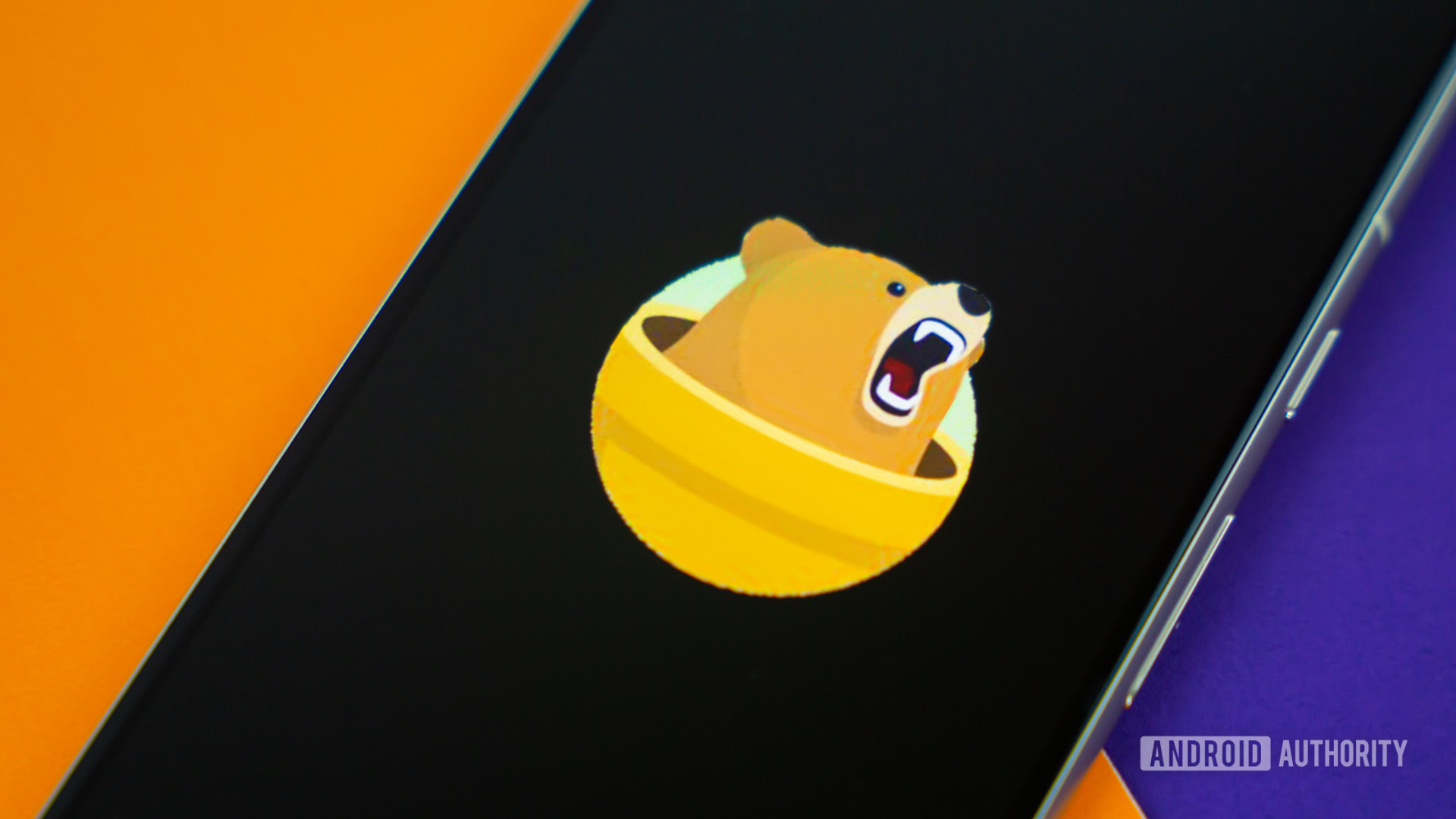
The TunnelBear free VPN for Android, which McAfee owns, gets you 2GB of monthly data. It’s super simple to use and doesn’t require a credit card to sign up. You can choose between servers in 47 countries, including the US, Germany, Australia, India, and more.
TunnelBear has a strict no-logging policy for peace of mind and isn’t ad-supported despite being free (hooray). It offers additional free data valid for the month to those who tweet about the provider, download the TunnelBear app on their PC, or invite a friend who then signs up for the service. Unused data does not roll over to the next month.
You’ll have to upgrade to a paid plan if you need more data than 2GB per month. Pricing starts at $3.33 per month if you prepay for three years.
TunnelBear features:
- Free data allowance: 2GB per month
- Server selection: Manual — 47 locations available
- No-logging policy: Yes
- Paid plans: Starts at $3.33 per month
Kaspersky VPN Secure Connection
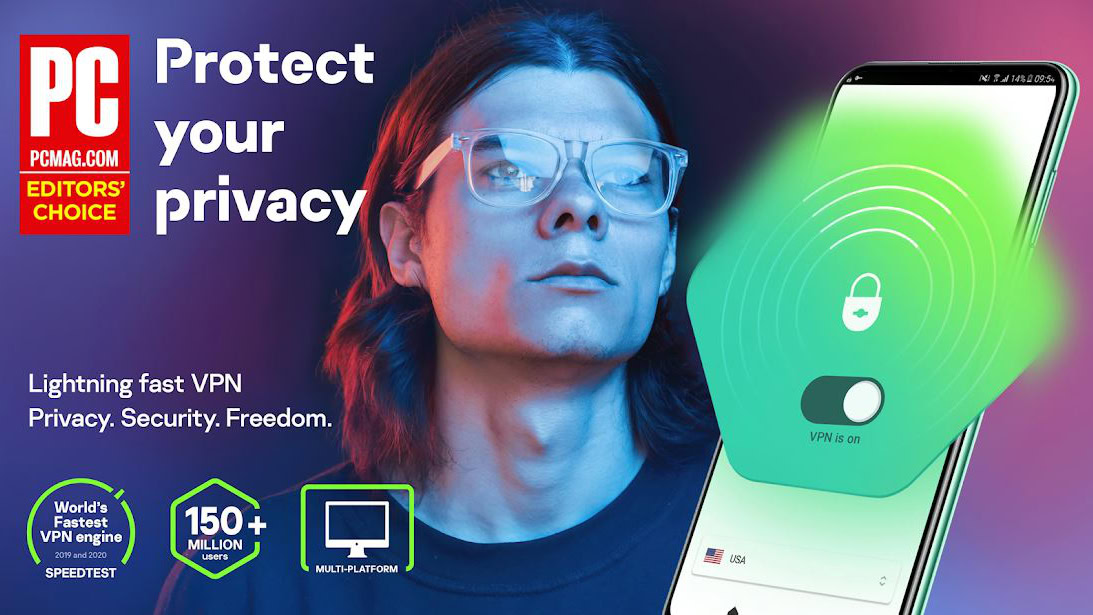
The free VPN by Kaspersky works like a charm but has its limitations, like the rest of the services on this list. It offers 200MB of data daily, which translates to about 6GB per month. That’s not bad, considering it’s free, but the service still isn’t suitable for power users. Unfortunately, there’s no option to score additional free data. Also, keep in mind that you won’t be able to use this service if you’re in the US.
There are many server locations available, but you can’t choose which ones to connect to using a free plan — the service will choose “the closest server” automatically. The app is easy to use, allowing you to start browsing anonymously with just a simple tap. Signing up for the VPN is a breeze, and prices are pretty accessible.
Kaspersky VPN features:
- Free data allowance: 200MB per day
- Server selection: Automatic – Over 90 locations available
- No-logging policy: Yes
- Paid plans: Starts at $34.99 per year
Hotspot Shield free VPN for Android
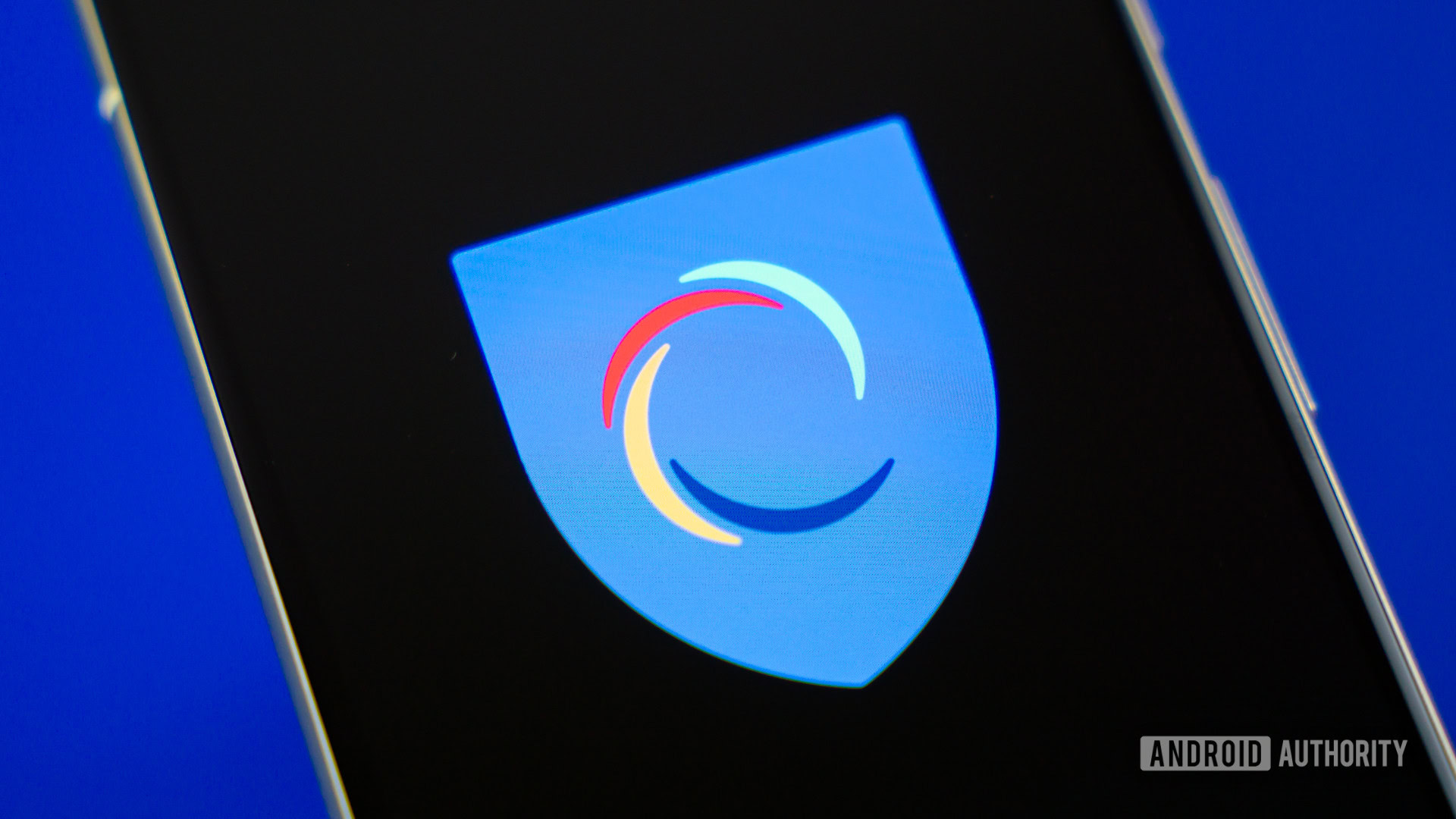
A few things make Hotspot Shield one of the best free VPN services for Android you can get. It offers 500MB of data per day or around 15GB per month. That’s not enough for heavy usage, but it is more than what you get with most other free virtual private networks. The good news is you can continue using the service if you don’t mind watching some ads. This technically makes it an unlimited service!
It’s also super easy to get started, as you don’t have to share your email address or your credit card info with the provider. Just download the app on your device, tap Connect, and you’re ready to go. The major drawback is that you can’t select the server you want to connect to — the app will do that for you automatically.
Like the rest of the services on this list, Hotspot Shield has a no-logging policy. It also offers paid plans starting at $7.99 monthly (if you prepay for a year) to eliminate the ads and the rest of the limitations. You can also choose a monthly plan for $12.99.
Hotspot Shield features:
- Data allowance: 500MB per day, or unlimited if you watch ads
- Server selection: Automatic — 125+ virtual locations available
- No-logging policy: Yes
- Paid plans: Starts at $6.66 per month
Avira Phantom free VPN for Android
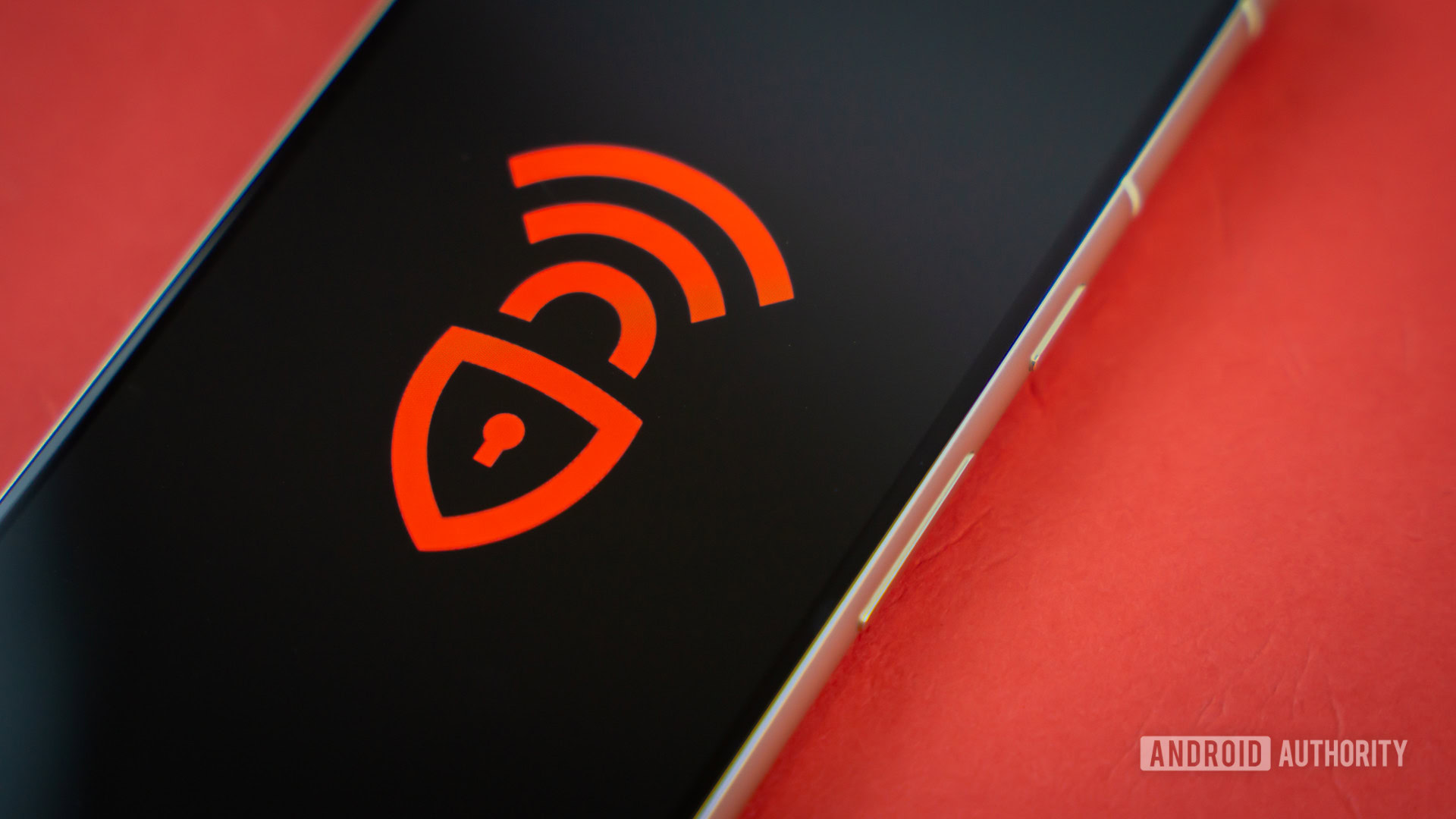
Avira’s Phantom free VPN Android service offers a monthly data allowance of 500MB. However, the service allows you to connect to any 37 locations available, unlike some competition that automatically selects the server.
The sign-up process is hassle-free. Just download the app, select a location, and then turn on the VPN to start browsing anonymously — no need to share personal data with the provider. The free version offers everything you get with a premium plan, with a couple of exceptions. There’s no kill switch available for disabling internet access if the VPN connection drops, and you don’t get any tech support.
Avira Phantom features:
- Data allowance: 500MB per month
- Server selection: Manual — 37 locations available
- No-logging policy: Yes
- Paid plans: Starts at $10 per month, $5.99 per month on mobile
Hide.me
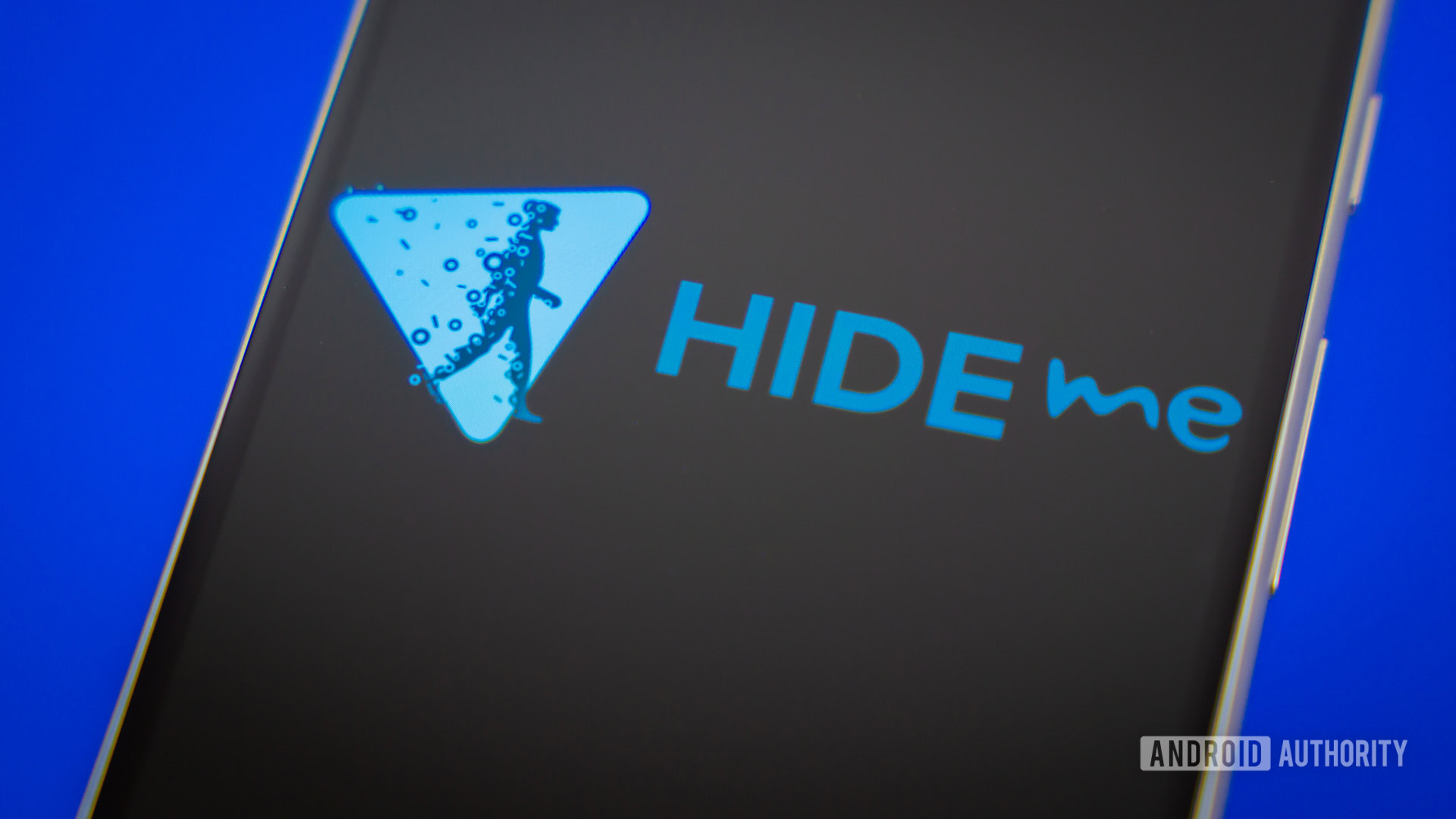
This Android VPN used to limit you to 10GB of data per month, which was already quite generous. Now, it’s gone all out, and free users get unlimited bandwidth! There are still some limitations to keep in mind if you don’t plan to pay, though. The free plan only provides eight server locations: Netherlands, Spain, Singapore, France, Germany, the UK, US West, and US East. The list extends to 84 locations if you decide to pay, though.
Hide.me promises it won’t log your activities, giving you peace of mind that the provider won’t sell your data to the highest bidder. It’s easy to set up and start using without the need to share your credit card info. All these things combined make it one of the best free VPN services to use.
Pricing starts at $2.59 per month if you prepay 27 months, and goes all the way up to $9.95 per month. Paying will grant you added features, such as port forwarding, faster transfer speeds, access through up to 10 devices, and more.
Hide.me features:
- Data allowance: Unlimited
- Server selection: Manual — eight available (89+ locations if you pay)
- No-logging policy: Yes
- Paid plans: Starts at $4.57 per month
Speedify free VPN for Android
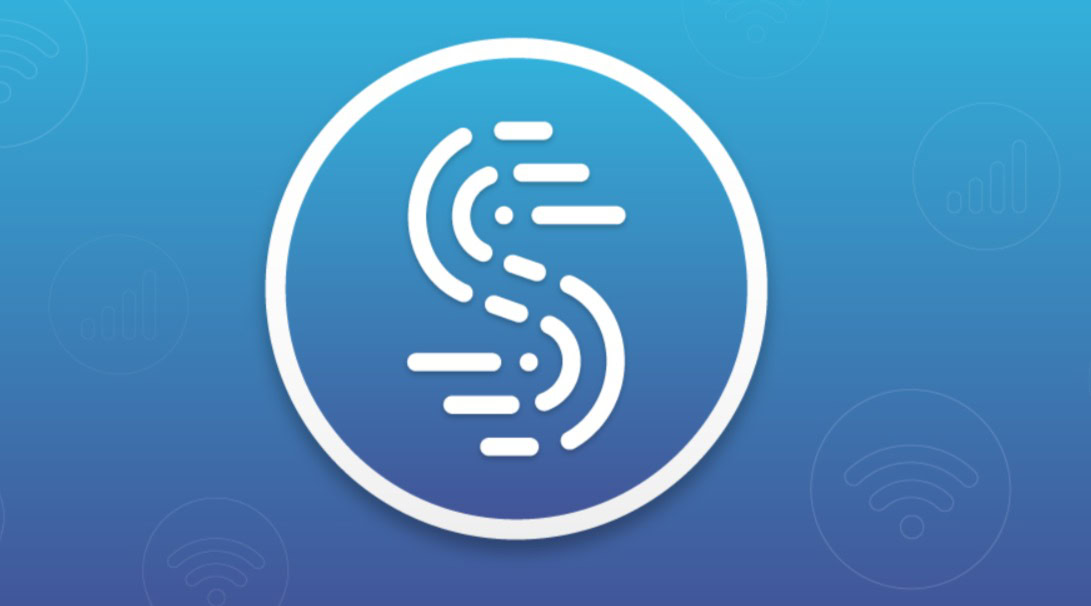
Speedify offers 2GB of free data per month and can only be used on one device. It’s easy to set up, as you don’t even need an account. Download the app, connect, and you’re ready to go.
The service can automatically connect you to the fastest VPN server based on location, or you can select the server. Like the rest of the VPNs on this list, Speedify promises a no-logging policy, meaning it provides total anonymity online.
If 2GB per month isn’t enough for you, the company also offers paid plans with unlimited data. Pricing is set at $14.99 per month, but you can get it down to just $7.49 per month if you opt for a year plan.
Speedify features:
- Free data allowance: 2GB per month
- Server selection: Manual — over 50 locations available in 35 countries
- No-logging policy: Yes
- Paid plans: Starts at $14.99 per month
Windscribe VPN
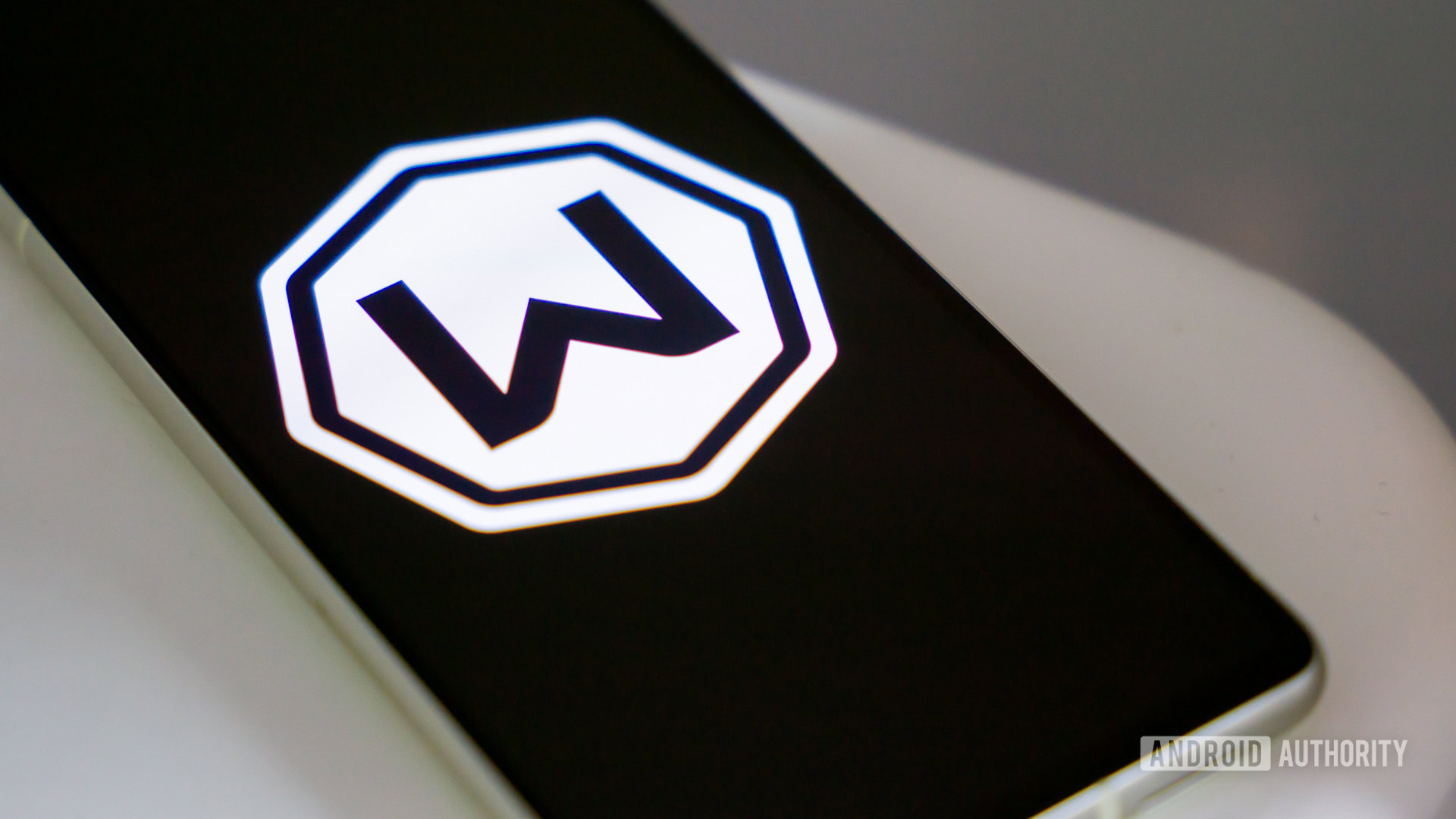
Windscribe is quite a generous free VPN, offering 10GB of data per month. But only if you share and confirm your email address with the provider. If you don’t, you’ll have to do with just 2GB of data per month.
You have the option of manually selecting the server you want to connect to. There are plenty of them to choose from — there are servers in 11 different countries on the free plan. There are also loads of great features available, including Split Tunneling, which allows you to choose which apps go over the VPN.
If you like using Windscribe but don’t like the data limits, you’ll need to step up to a paid plan. A monthly subscription will set you back $9, but you can get the price down to $5.75 monthly if you prepay for the entire year. Also, a paid subscription is the only way to access servers in “Fake Antarctica.”
Windscribe features:
- Free data allowance: From 2GB per month
- Server selection: Manual — 11 locations available (Over 60 if you pay)
- No-logging policy: Yes
- Paid plans: Starts at $9 per month
ProtonVPN
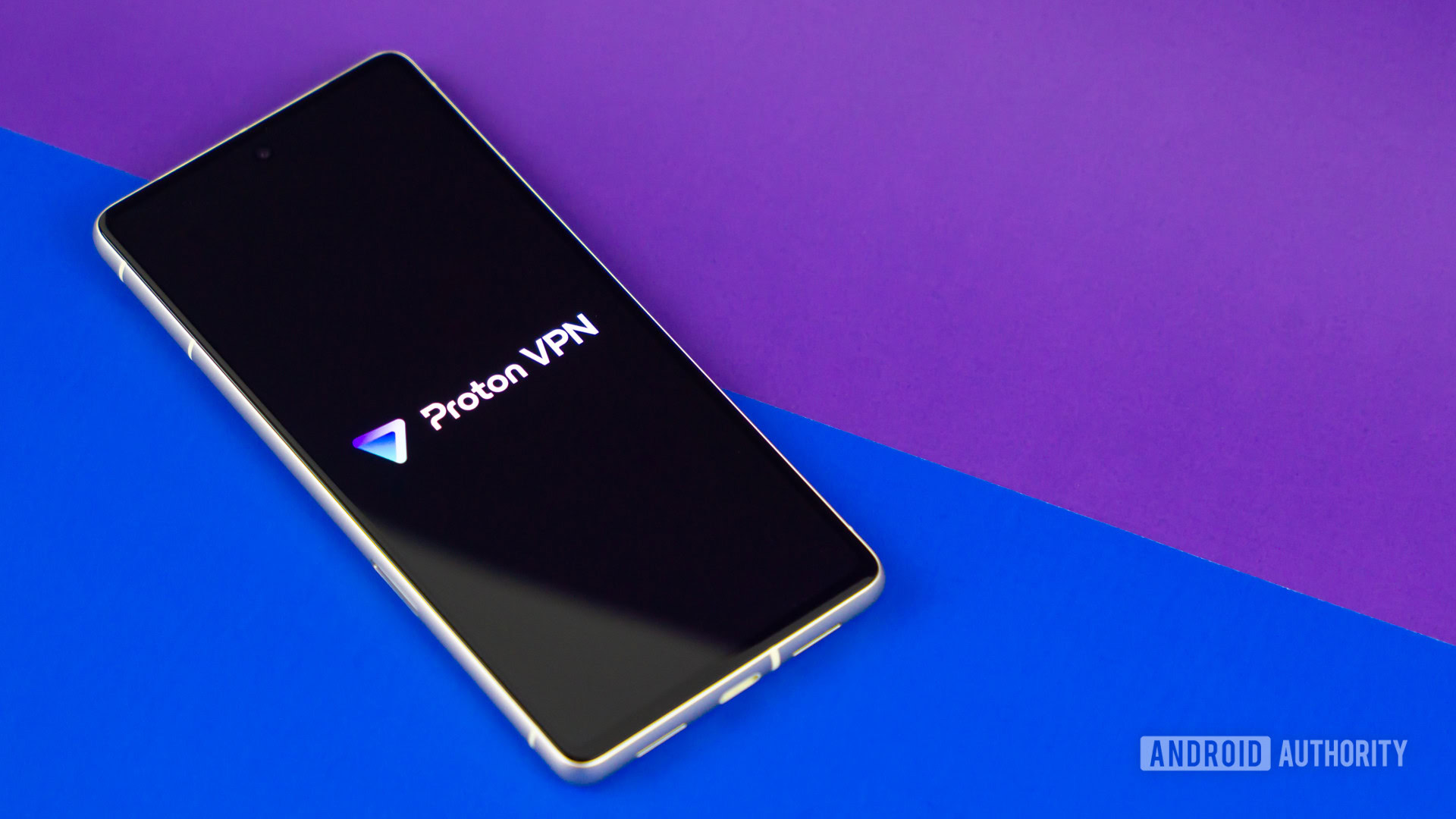
The last provider on our best free VPN list is ProtonVPN, which stands out because it doesn’t have data or speed limits. It also has no ads. You can browse anonymously online with your Android phone or any other device for as long as you want. Three locations are available for free users: the Netherlands, Japan, and the US.
Setting up the VPN is easy, although you have to make an account, which means confirming your email address. ProtonVPN has a strict no-logging policy and can only be used by a single device at a time by free users. Paid plans start at $4.49 per month (for a two-year plan) and go all the way up to $9.99 per month on a rolling plan.
Proton VPN features:
- Data allowance: Unlimited
- Server selection: Manual — three available (69 if you pay)
- No-logging policy: Yes
- Paid plans: Starts at $4.99 per month
Are free VPNs even safe?
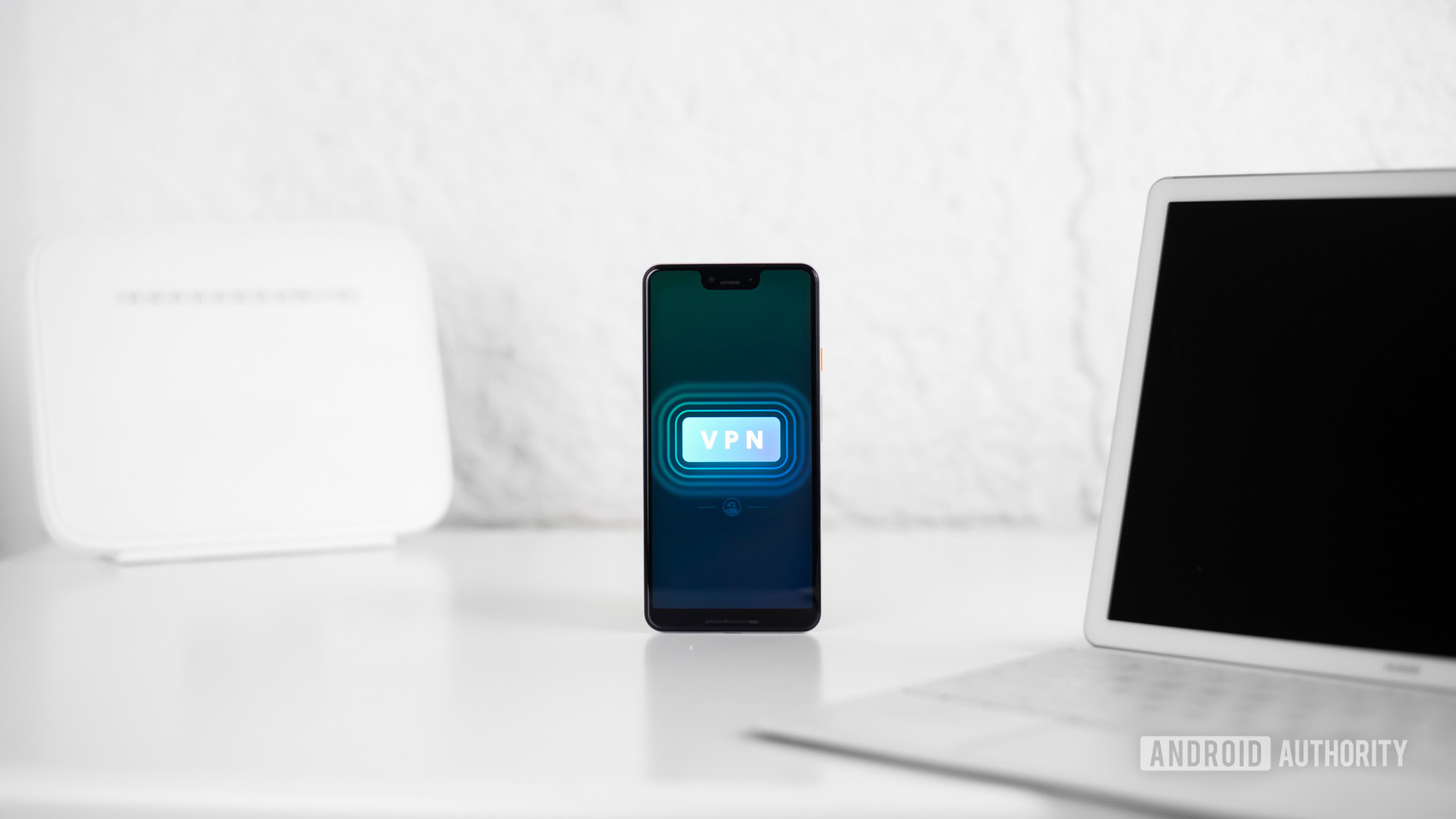
Yes and no — it depends on the provider you choose. Using one of the VPNs listed above is probably safe, although we can’t make any guarantees. However, many sketchy VPN providers out there should be avoided at all costs.
The reason is that some will try to make money from you somehow. Running a VPN service is expensive, and the provider has to make money one way or another. So, if it is not making it via subscription fees, it could be making it either via ads (which is understandable but annoying) or by selling your info or your browsing history to the highest bidder. Basically, a free VPN provider might be doing the exact thing it should be protecting you from.
To put things into perspective, the Commonwealth Scientific and Industrial Research Organization (CSIRO) reviewed 283 VPN apps on the Play Store a few years back and found frightening results. 18% of the VPNs didn’t encrypt data, while 75% used third-party tracking libraries. Yikes! That just goes to show that you have to be careful about which free VPN service you opt for.
Research is key when deciding whether or not a particular VPN is trustworthy. Do some digging online and check out what various publications and users say about it. Also, you should ensure the company isn’t based in a country with a bad track record on online privacy, like China or Russia. You could never be sure if a VPN is sticking to its promises, but research will at least give you some peace of mind.
What about VPN by Google One?
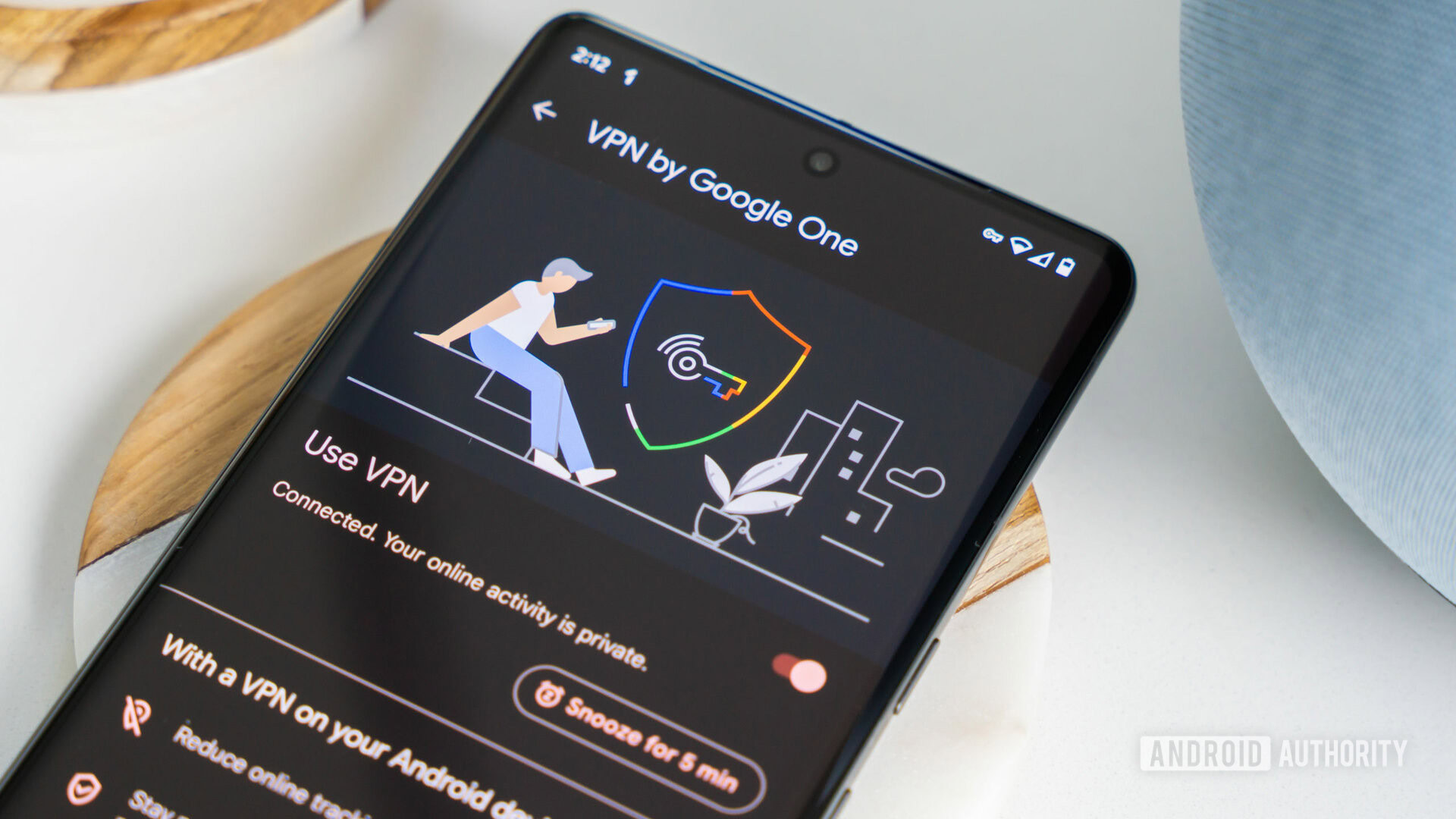
Including a section for VPN by Google One is important, as it may be free for many of you, and it is a great VPN service for Android users. VPN by Google One is included in Google One paid subscriptions, but it will be discontinued by Google in June 2024. Pixel 7 series and Pixel Fold owners get the VPN for free, and this won’t change. In this sense, it’s still a great option albeit for a limited number of users.
There are other downsides, too. VPN by Google One doesn’t allow you to manually switch locations. Google will connect you to the closest servers. While this is good enough for security and privacy, the service won’t help you bypass geo-location restrictions. The platform is good in a pinch, but not much more.
Which platforms do free VPNs support?
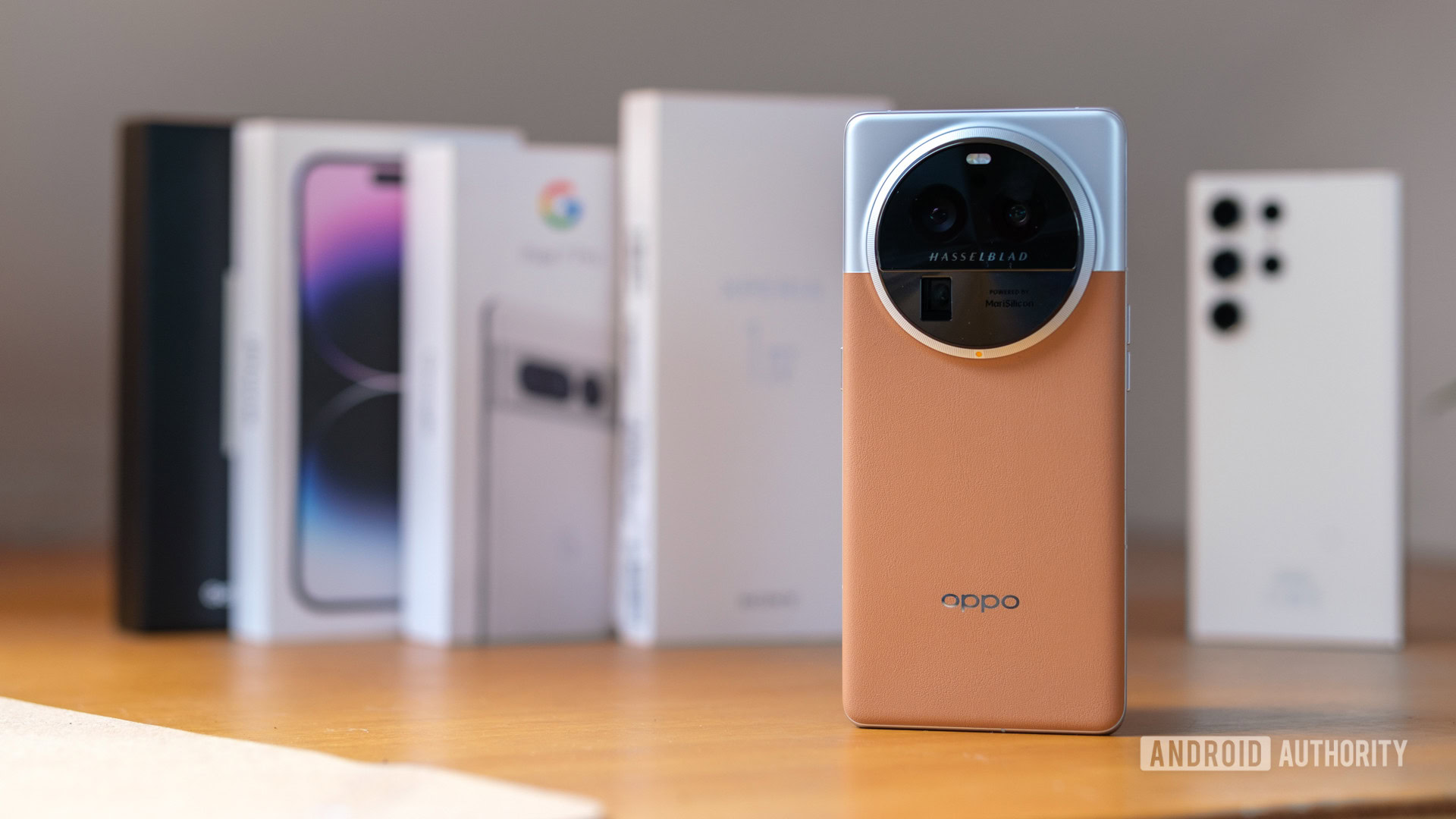
In addition to Android, all the free VPNs on this list also support Windows, Mac, and iOS devices. Some also support Linux and offer extensions for various browsers, including Chrome, Firefox, and Opera.
Can I install a free VPN on my TV or gaming console?
VPNs don’t usually play well with TVs. While you can download and use them on some smart TVs, most don’t officially support them. The same goes for gaming consoles like the Xbox One and PlayStation 5. However, there are hacks you can use to get around these restrictions.
One of them is to install a VPN on your router, which will then protect every device on the network, including TVs, gaming consoles, computers, and tablets. That means you don’t have to install a VPN app on every device you use anymore. Having a VPN on your router protects your device as soon as you go online.
However, not all VPNs support this feature. From the providers on our list, the only ones that do are Hide.me, Windscribe, and ProtonVPN. Additionally, you need a supported router as well. But even if you have one, we don’t recommend installing a free VPN on it just to protect your TV or gaming console. The reason is that the data limits offered by free VPN providers are too low for you to play games or watch content online frequently — we’ll talk about this more in the next section. Installing a VPN on a router makes much more sense if you have a paid subscription.
Do free VPNs work with Chromecast or Fire TV Stick?
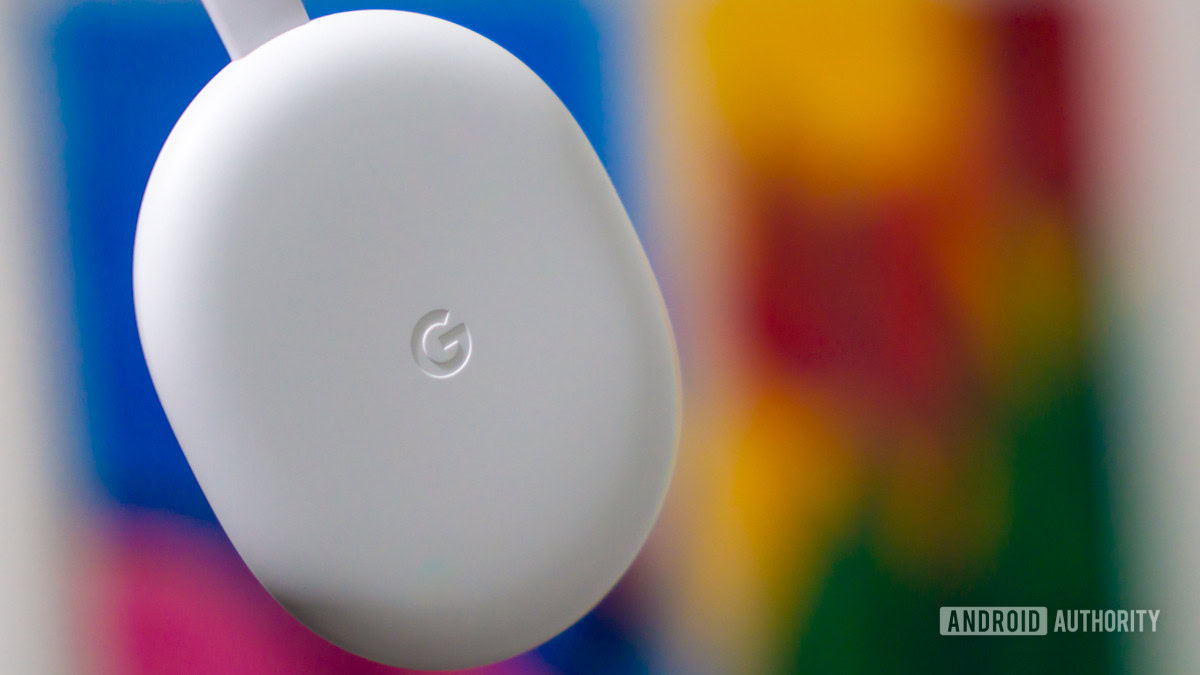
You’re probably wondering why you should go through all the trouble of installing a VPN on your router just to get access to more Netflix shows via your TV app if you can just cast the shows from your phone to the TV via a Google Chromecast. The problem is that VPNs and Chromecasts don’t play well together. While your phone is connected to a VPN, your Chromecast is not, so the two can’t communicate with each other. The way to get around this is to connect both the devices to the same VPN server, which you can do by installing a VPN on your router.
Things are slightly different for Amazon’s Fire TV Stick since the device doesn’t need to be paired with a phone. All you have to do is download a VPN app to the Fire TV Stick, switch it on, and you’re ready to go. The free VPN providers on this list that offer an app for the Fire TV Stick are Hotspot Shield, Hide.me, and Windscribe.
It’s a similar story with the latest Chromecast with Google TV, since it has a user interface, offers access to the Play Store, and doesn’t need to be paired with a mobile device to work.
Can I use a free VPN for Netflix?

Sure, you can, but you have to keep data limits in mind. If you want to watch an hour or more of Netflix or any other video streaming service per day, a free VPN likely isn’t for you. As explained in our “How much data does Netflix use” post, you’ll burn through around 300MB of data per hour when streaming at just 480p. When watching 4K content, the data usage per hour jumps to as much as 11.5GB. If you go down the middle and opt for Full HD (1080p) streaming, expect to use around 3GB per hour.
Netflix can use as much as 11.5GB of data per hour.
By comparing those numbers with the data limits set in place by free VPN providers, you can quickly figure out that free VPNs aren’t the best for Netflix, at least most of the time. Speed may be questionable for some providers. This may translate to a bad Netflix experience, as the video may stop and buffer multiple times while you’re watching it. Instead, it might make more sense to use a paid VPN such as NordVPN for Netflix.
You also have to consider that many free VPNs will automatically select your location, which means they are more or less useless for Netflix. You would have to opt for a provider that offers manual server selection — like Windscribe, for example — so you can connect to a US server to get access to a larger library of content.
Another thing to remember is that Netflix doesn’t like it when people visit its website via a VPN. The service constantly blocks VPN servers once it identifies them, so the one you go with may not work. This applies to both free as well as paid VPN providers, however.
Will a free VPN keep me safe on public networks?

Like a paid VPN, a free one should keep you safe when using public networks in places like restaurants, hotels, and airports.
The problem with public networks is that they aren’t very secure. It’s relatively easy for someone with the right equipment to capture the packets of data that go from your device to the router, allowing them to see exactly what you’re doing online. If the website you’re visiting uses a protocol called Hypertext Transfer Protocol (HTTP), the hacker can see your login details if you sign in and everything else you do on a website.
To protect your data, using a VPN on public networks is a great idea.
For that reason, using a VPN on public networks is a great idea since the service encrypts your data so hackers can’t see your online activities. However, it’s worth mentioning that hackers can’t see what you do online when visiting websites with encrypted connections (HTTPS). A VPN may not be required in this case, but you’ll always have to check whether a website is secure or not. If the connection is secure, you’ll see a green padlock in the address bar of your browser. Most popular websites offer encrypted connections these days, but not all of them.
Unfortunately, there’s no padlock visible when it comes to Android apps, making it much harder to figure out whether a connection is encrypted. So, using a VPN is a good idea in a case like this.
Will a free VPN hide my activity from my ISP?

As already mentioned, your ISP can see the websites you visit and exactly what you do on them, provided they don’t have an encrypted connection. If you’re on an encrypted connection (HTTPS), your ISP can still see the websites you visit, but it can’t see what you do on them. For example, it sees you visited YouTube but doesn’t know which videos you watched. By using a VPN, your ISP will see nothing.
That means if the government comes knocking on their door demanding to see your browsing history, it’s out of luck. But you probably don’t do anything illegal online, so this shouldn’t be too big of a concern to you.
A more significant issue is that ISPs in the US can sell your browsing data to third parties like advertisers, which is a big no-no in my book. So, by using a VPN, you can ensure your ISP won’t be making any extra money off you.
It’s essential to remember that while your ISP won’t see your browsing history anymore if you use a VPN, the VPN provider could. All the major VPN companies promise they don’t log your activities, so this shouldn’t be a concern. But then again, there’s no way you can check if that’s true.
It’s a lot easier to believe this claim if it’s coming from a reputable VPN that charges for its services than the one that doesn’t. As mentioned at the beginning of this post, if the VPN provider isn’t making money from subscriptions, it might be selling your data.
Free vs paid VPN: Which one is right for me?

If you’re not a power user and only need an Android VPN now and then for some light browsing at home and on public networks, a free VPN will do you just fine. But if you want to use a VPN to watch content on streaming services, regularly download stuff from the internet, and keep browsing history private at all times, a paid VPN is the way to go. Simple as that.
There’s a third option as well. If you only need a VPN for a week or so to test it out, you could just sign up for a free trial. Not all providers offer it, but some do. This will get you unlimited data, likely faster speeds than free VPNs, and you won’t have to worry about the provider selling your personal data as much. Just cancel your subscription if you don’t need the VPN after the free trial. To keep using it, pay the subscription fee at the end of the trial and remain anonymous online.
If, after reading this article, you’ve decided to skip free VPNs altogether and don’t care much about free trials, check out the three paid providers we recommend, along with their prices, below:
- ExpressVPN — from $4.99 to $12.95 per month
- NordVPN — from $3.39 to $8.39 per month
- Ivacy — from $2.14 to $12.95 per month
FAQs
VPN stands for Virtual Private Network. It’s a service that routes your data through its servers and encrypts it before sending it to the website you are visiting. A VPN can mask your IP address, geographical data, and other information. This will ensure a secure connection to the internet, as well as offer the ability to fake your location.
Yes, some VPN service providers offer free access to their tools. That said, these usually come with some limitations. You may have data limits, speed limits, as well as restricted access to servers, among other things.
Not always! When considering a free VPN, you must consider that money must be made somehow. If there is no sustainable source of income elsewhere, the company offering free VPN services may skimp out on important factors like security. Some of them may log your data and sell it, some may not have very secure systems, and so on.
The answer to this question is relative, of course. If we had to choose, we would say ProtonVPN is likely the best free option out there, simply because it’s the only free VPN service that offers truly unlimited data and speeds at no cost, all without ads. The only downside is that you need to create an account, which means providing some of your info.
Thank you for being part of our community. Read our Comment Policy before posting.